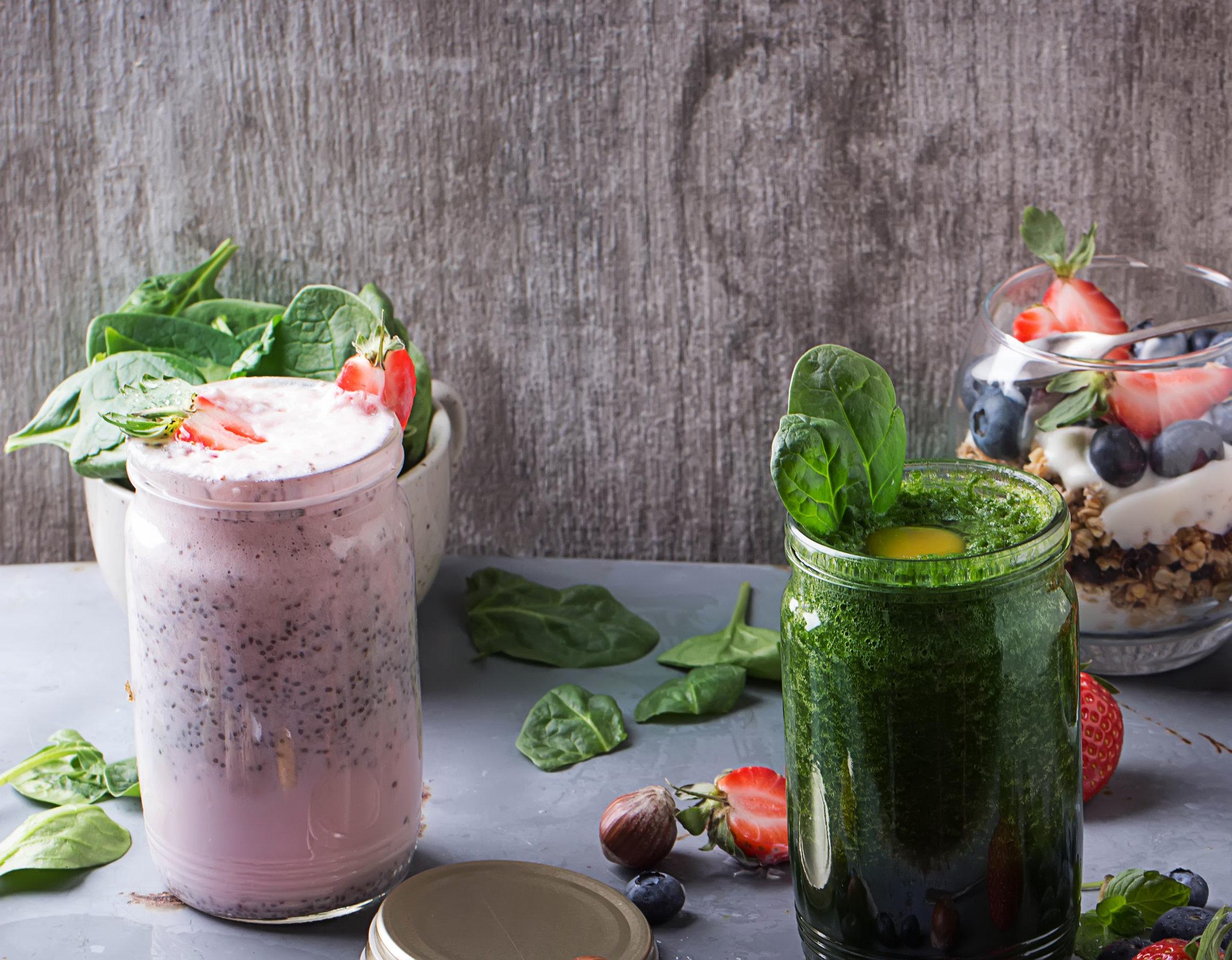”Georgia, is coffee part of your morning routine? Did you know coffee has health benefits? You can learn all about these benefits in this week's article. We hope you learn something new and you enjoy your coffee just a little more now!
Reading time: 4 Minutes
MWi Hacks:
-
-
- How coffee can fight free radicals with antioxidants
- Potential health benefits and risks that are associated with coffee consumption
-
MWi Summary:
-
-
- Coffee contains antioxidants that help offset oxidative stress that we experience.
- Coffee has anti-inflammatory properties due to the high amount of bioavailable polyphenols.
- Remember to still drink coffee in moderation due to its caffeine content.
-
“Supplementing this antioxidant production with our diet helps our bodies avoid oxidative stress and its resulting negative impacts.”
Have you had your cup of coffee today? Aside from the morning caffeine boost, it turns out that having that daily cup may provide some health benefits unrelated to that initial surge in energy. Studies continue to show that drinking coffee is actually linked to a lower risk of heart disease and to a slower mortality rate.
Coffee is a beverage that is derived from the pit of a coffee cherry. Like other pitted fruits, coffee cherries contain natural vitamins and antioxidant compounds that help combat the oxidation of our tissues.
Free radicals can be formed in a multitude of ways, but some of the most common sources are found in cigarette smoke, pesticides, and other environmental pollutants. There are organelles in the body that generate free radicals as part of the oxidative phosphorylation process in energy production; However, the environmental sources of these free radical compounds truly exacerbate the level of damage that can be done on our tissues.
Antioxidants aid in the elimination of free radicals. The human body typically generates its own antioxidants to combat these free radicals; however, the overexertion of this system by a surplus of free radicals puts oxidative stress on the entire immune system and leads to other chronic health complications. Supplementing this antioxidant production with our diet helps our bodies avoid oxidative stress and its resulting negative impacts. Oxidative stress can alter the structure of peptides, which are the simplest units of proteins. Since proteins are the structure of our DNA and RNA, oxidative stress can wreak havoc on our genetic makeup and typically leads to the development of genetic disorders.
In addition to fighting the production of free radicals by using antioxidants, coffee has also been shown to contain anti-inflammatory compounds and polyphenols that help combat cardiovascular conditions and Type II diabetes. It is worth noting that coffee contains a high amount of bioavailable polyphenols and is a primary source for them in our diet. Red wine and tea are also some of the biggest sources for polyphenols due to the fact that we usually drink more than one cup of these beverages. Since we tend to ingest more servings of drinks than we do food, it would make sense that we get most of our dietary polyphenols from these beverages.
Go ahead and have a second cup of coffee for the day if you have an otherwise clean bill of health. One of the risks when drinking coffee is that it can raise blood pressure and a decreased quality of sleep with the stimulant effects of caffeine. Coffee, when compared to tea, has a higher dose of caffeine and thus has a higher potential for addiction. Coffee also has the potential to cause tremors or irregularities in heart beat for people that have heart conditions. Just be sure that you know how your body reacts after ingesting a few cups of coffee to get an idea of your limit when it comes to caffeine. If even one cup produces negative cardiovascular responses, certain teas contain their fair share of polyphenols.
MWi would like to thank the following sources for this article:
Lobo, V., Patil, A., Phatak, A., & Chandra, N. (2010). Free radicals, antioxidants and functional foods: Impact on human health. Pharmacognosy Reviews, 4(8), 118–126. http://doi.org/10.4103/0973-7847.70902
(2017). Foods that fight inflammation. Harvard Women’s Health Watch. Retrieved from https://www.health.harvard.edu/staying-healthy/foods-that-fight- inflammation
Manach, C. et Al. (2004). Polyphenols: food sources and bioavailability, The American Journal of Clinical Nutrition, Volume 79, Issue 5,Pages 727–747, https://doi.org/ 10.1093/ajcn/79.5.727






